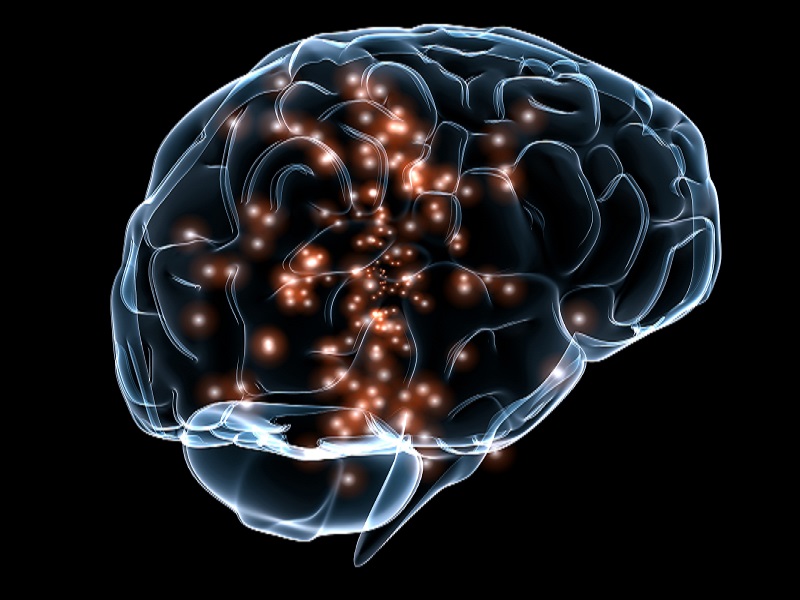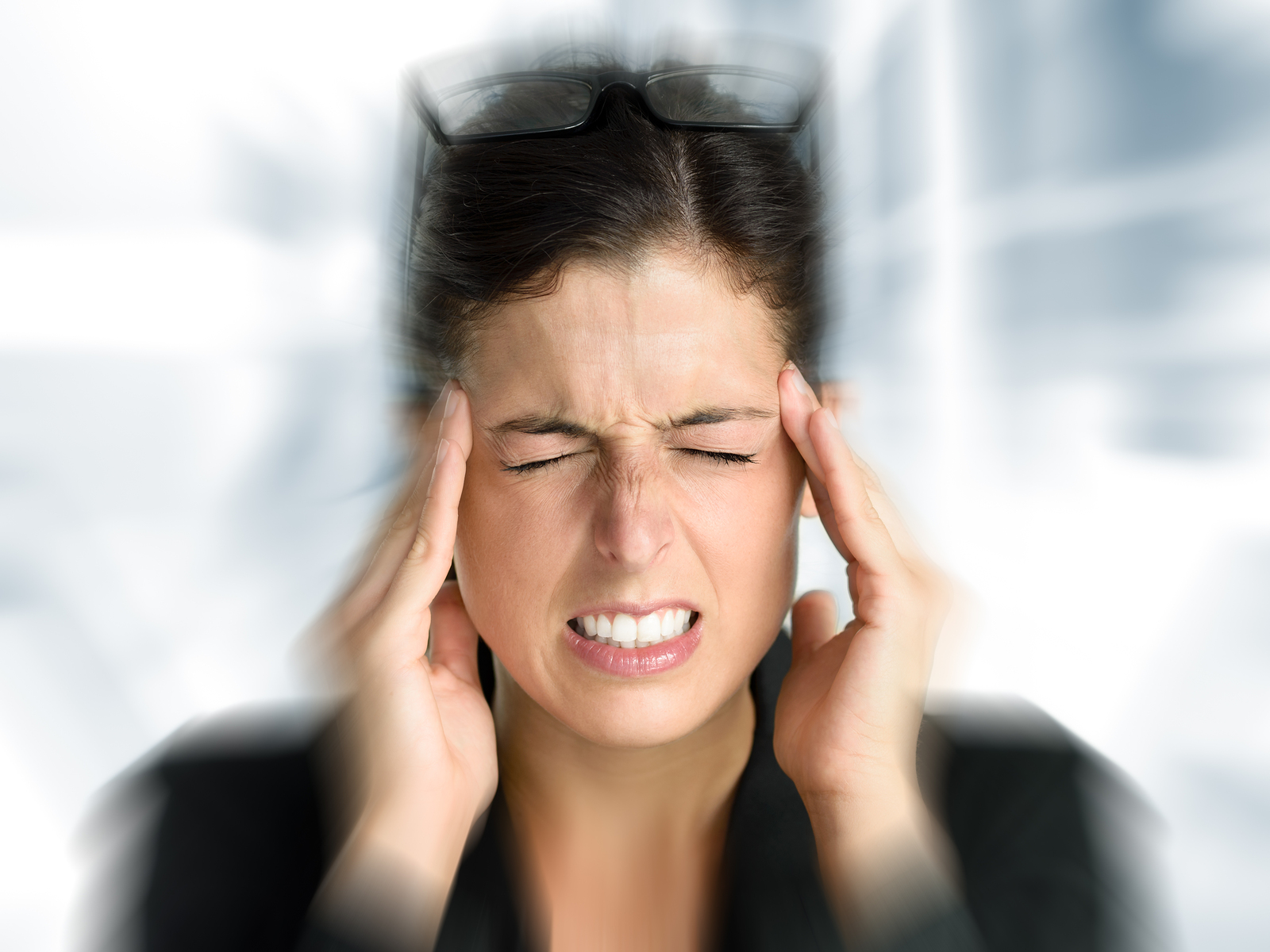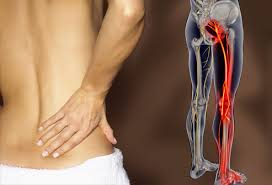
Considering the acute gum inflammation, which leads to profuse bleeding, bad breath and loosening of the teeth, health experts have cautioned against several health problems, as severe as cancer, if left untreated.
Do your parents nag you to brush your teeth before going to bed and after meals? If yes, then pay heed to their words as it can save you from the terrible consequences six-year-old Shivam Vatsayan had to face only because he skipped brushing his teeth.
It was two months ago when Shivam suffered a severe organ failure, caused by gingivitis (inflammation of gum tissues), which soon developed into periodontitis (a gum infection that damages the soft tissue and destroys the bone that supports teeth) due to lack of effective medication.
Considering the acute gum inflammation, which leads to profuse bleeding, bad breath and loosening of the teeth, health experts have cautioned against several health problems, as severe as cancer, if left untreated.
Smita Madan, a dental surgeon at Axis Dental, said signs like swollen red gums and bleeding should never be ignored.
“If avoided, the condition advances to periodontitis, which makes the gumline recede, exposing the roots of the teeth to bacteria attack,” Madan told IANS.
She added that untreated periodontal diseases can increase inflammation in the body.
”Such increased inflammation may aggravate the risk for developing severe health complications like cardiovascular diseases, organ failure, dementia and even cancer in some cases,” she said.
In periodontitis, gums pull away from the teeth and form infection-prone spaces or “pockets” which can even lead to breaking down of the teeth bone and connective tissues that hold the teeth in place.
If untreated, the bones, gums, and tissue that support the teeth are destroyed and the teeth may eventually loosen.
According to the World Health Organisation (WHO), over 70 per cent of Indian children under the age of 15 suffer from gum diseases due to poor oral hygiene and nourishment.
WHO added that such poor levels of hygiene cause several health hazards including cancer, organ failure, dementia and rheumatoid arthritis if left untreated.
Sageer, a consultant dental surgeon at the Gurgaon-based Paras Hospital, agreed and said there were various factors that link gum diseases to cardiac problems.
”The most common bacteria present in dental plaque can cause blood clots that induce heart attacks when they escape into the bloodstream,” Sageer told IANS.
He said extra caution needs to be taken by pregnant women suffering from periodontities as gum-related problems can also lead to premature births.
”A baby who is born before term is susceptible to a number of health ailments. Mothers who got themselves treated for periodontal disease were less likely to deliver before term than those who did not. Links have been found between chronic kidney diseases and gum problems too,” Sageer told IANS.
Saying periodontal disease was the leading causes of tooth loss among adults, Sageer stated that the condition was also frequently linked to diabetes.
Health experts also have a word of caution for alcoholics and chain smokers suffering from dental problems.
“They are more prone to such health hazards, as alcohol irritates the soft tissues in the mouth and also decreases the amount of saliva formation,” said Romsha Vashith, consultant dentist at Ghaziabad-based Columbia Asia hospital.
Quoting a 2000 survey, Vashith said the prevalence of dental diseases was the highest among Indian children at 65.5 percent, followed by Indonesia.
Suggesting preventive measures, she said periodic dental visits, screenings, referrals and supervised brushing programmes in schools were the need of the hour.
“Special measures need to be taken in rural areas, as dental disease is very prevalent there due to shortage of hospitals and dentists. Dental problems can be fought by maintaining proper oral hygiene and increasing awareness regarding them,” she said.
source: khaleej times
























